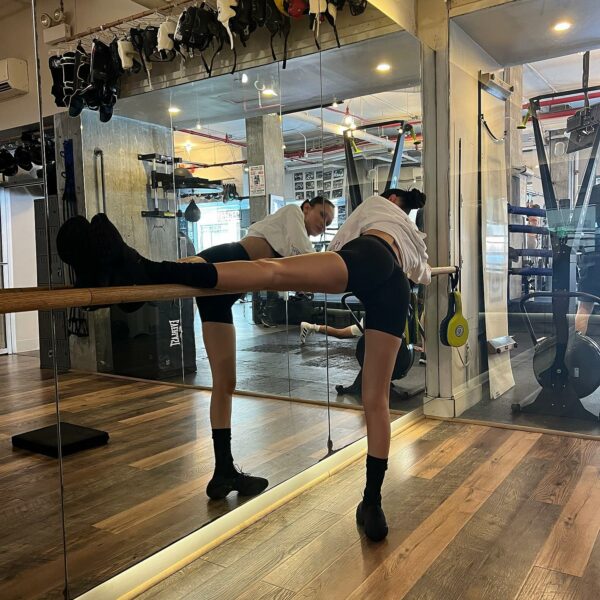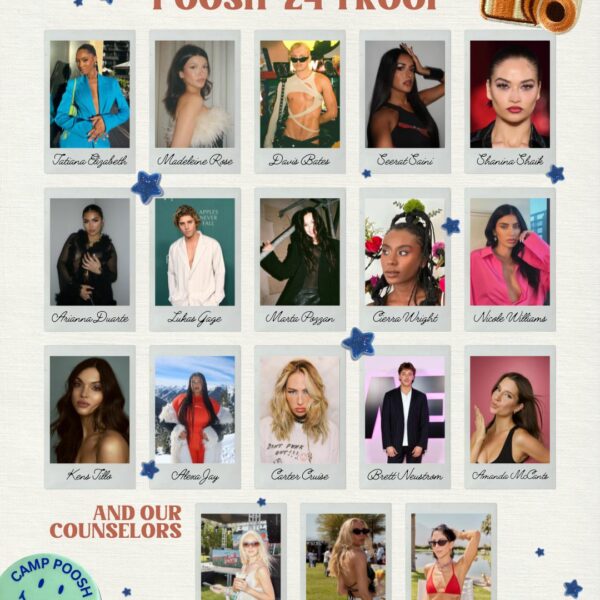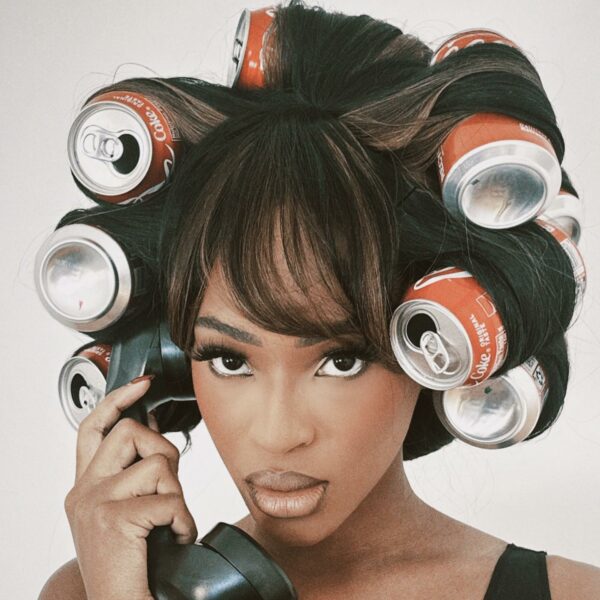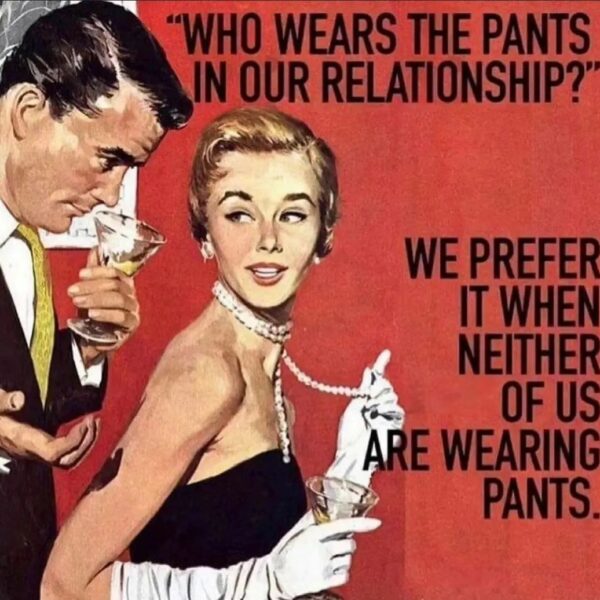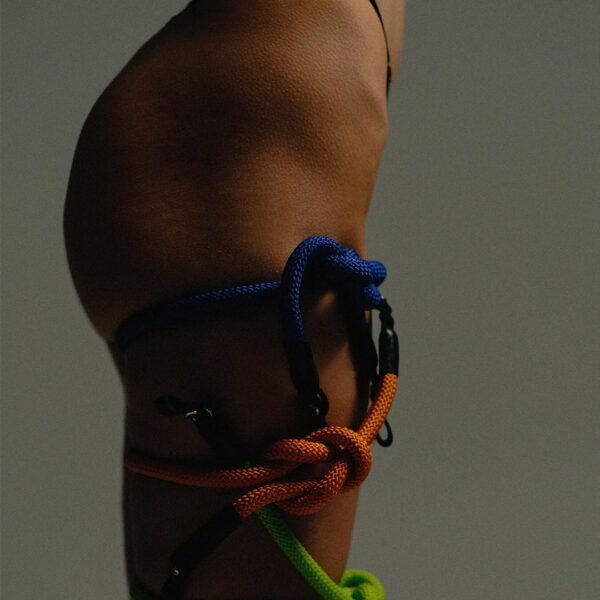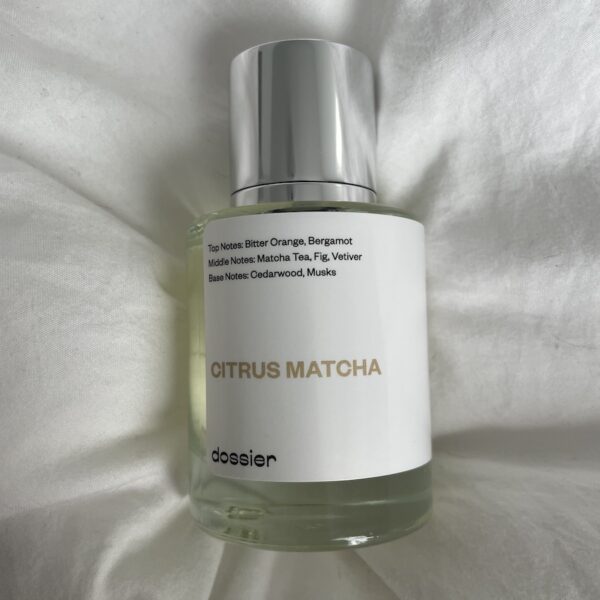Ethical non-monogamy seems like a self-defining term, but the concept itself isn’t so easy-peasy. For some, it’s an obvious choice, for others, a possible solution, a way of life, or a total nightmare. Instead of trying to tackle our own interpretation, we brought it straight to the top.
Shamyra Howard is a licensed clinical social worker specializing in sexuality and relationships and has undoubtedly earned her title of sexologist … which to us, puts her right at the top for helping us understand an issue so complex as ethical non-monogamy. We asked her to start with the basics, but don’t worry, we’ll get granular real quick.
“Ethical non-monogamy (ENM), also called consensual non-monogamy (CNM), is the opposite of monogamy. It’s a relationship style that involves being sexually and/or romantically connected to more than one person. The keyword is ‘ethical,’ which means everyone involved agrees, understands, and consents to be involved and responsible in this relationship style,” Howard defines.
So to put it frankly, the only time this is ever ethical is when it’s totally consensual for both partners in the main (committed, long-term, possibly married) partnership. But it doesn’t end there.
“There are different dynamics and ways to practice ENM,” Howard explains.
“A few different forms of ethical non-monogamy include:
Polyamory: Being in more than one romantic relationship at a time.
Open relationship: Deciding to be sexual with different people.
Swinging relationship: When couples decide to engage in different types of partner swapping.”
That’s right kids, swinging didn’t stop in the ’70s. Try not to think about your parents.
So whether or not this sounds cringe to you, or amazing, we wanted to know … in a basic sense, can this work for everyone?
“Ethical non-monogamy is more popular than many people think,” Howard shares, much to our surprise.
“According to a 2016 article published in The Journal of Sex and Marital Therapy, one in five people have engaged in consensual non-monogamy. This relationship style is not for everyone, and that’s OK. There are several different types of ENM relationships, and just like monogamous relationships, they only work if those involved do the work.”
That’s another huge takeaway. ENM does not mean a couple is being careless, or that they just get to do whatever they want. In fact, it often requires more work, more communication, and more understanding when these other dynamics are introduced. It’s not a quick fix or solution to those who are not totally ready to consent, are not comfortable with the idea, or don’t have a solid foundation and are looking for a quick fix.
Howard details, “Oftentimes when couples find themselves dealing with relationship issues or infidelity, they consider the idea of an open relationship or another form of ethical non-monogamy. ENM is not the antidote for troubled relationships. If you’re already having issues associated with trust, fidelity, sex, and/or communication, opening your relationship won’t resolve those issues and could cause more issues for everyone involved.
Most people like the sense of freedom they feel by being non-monogamous. Others report they have an appreciation for the different connections they share with other partners. While this might sound interesting, ENM comes with its own set of concerns. Things to consider with this relationship style are what type(s) of ENM dynamics you prefer, figuring out scheduling with various partners, maintaining self-care, managing jealousy, compassion, trust issues, and other relationship stressors, and making considerations for overall health and safety. People who know ENM is right for them state they still have to work hard to be a good partner, but they prefer having options.”
If the idea of you or your partner having other options sends you into a state of panic, couples counseling should be the first order of business to repair a troubled connection between committed partners. However, if you do feel confident that this is something you and your partner can explore, there are ways to approach the topic.
“If you’re wondering if this is the relationship style for you or if you’d like to bring it up with a partner, try this exercise. Ask your partner, ‘If it weren’t for me, societal standards, religion, or negative consequences, what would dating and relationships look like for you?’
Another way to bring this up with a partner is to simply ask, ‘Hey babe, what do you think about open relationships and/or ethical non-monogamy?’ Be open to sharing your perspective as well. You can get more information by reading The Ethical Slut and More Than Two.”
The content provided in this article is provided for information purposes only and is not a substitute for professional advice and consultation, including professional medical advice and consultation; it is provided with the understanding that Poosh, LLC (“Poosh”) is not engaged in the provision or rendering of medical advice or services. The opinions and content included in the article are the views of the interviewee only, and Poosh does not endorse or recommend any such content or information, or any product or service mentioned in the article. You understand and agree that Poosh shall not be liable for any claim, loss, or damage arising out of the use of, or reliance upon any content or information in the article.





